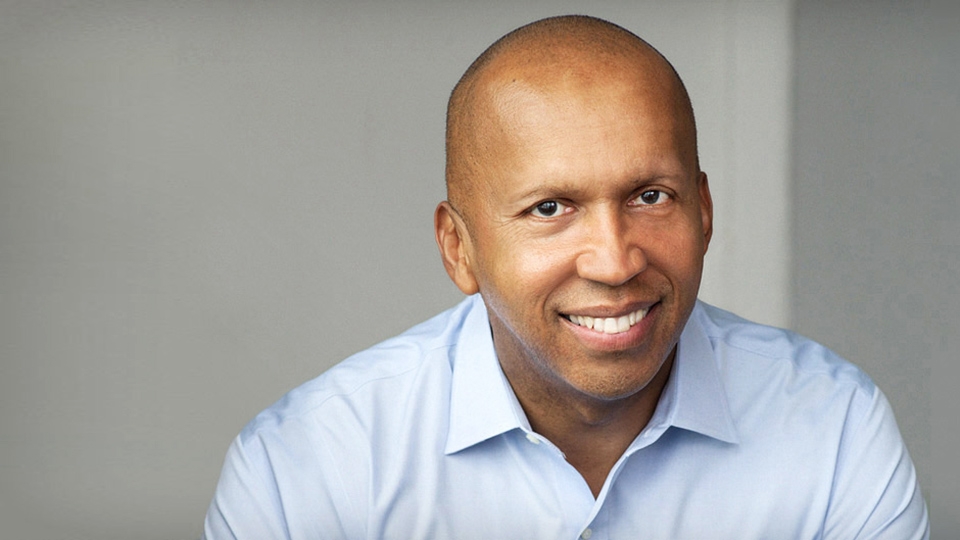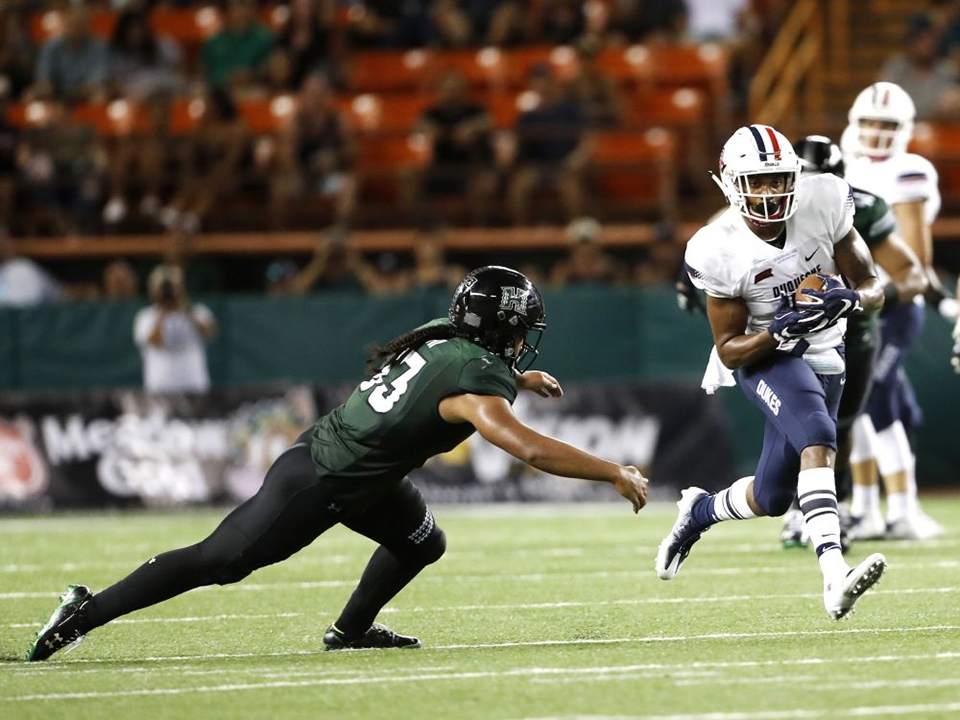01/31/2019
By Timothy Rush | Staff Columnist
While the government trekked through its longest shutdown in history, democratic presidential hopefuls didn’t put their announcements of candidacies and exploratory committees on hold.
With less than two years until the presidential election, the Democratic Party has had a surge of declared candidacies and committee formations. Announced candidates include Tulsi Gabbard, John Delaney, Kamala Harris, Julian Castro and Andrew Yang. Those who have formed their exploratory committees include Elizabeth Warren, Pete Buttigieg and Kirsten Gillibrand.
As one can see from this list, these are a lot of candidates. Certainly, one has plenty of choices from the names coming from various factions of the Democratic Party. But there are still potential candidates who have expressed interest in running for president. Vermont Senator Bernie Sanders has voiced interest and is expected to run, Beto O’Rourke and Former Vice President Joe Biden have had much support behind a potential candidacy, and there are still many others.
I’m left to ask that with all these choices, could there be such a thing as too many? I know that the value of choice is incredible, but can too many choices hurt democratic candidates of all factions of the party?
Take the progressive faction of the Democratic Party, the one which admittedly I fall into. We are fairly represented in the primary by Gabbard, Warren, Harris and Yang. Those are four candidates from just that faction, five if we throw in Bernie Sanders. Lots of choices, but a lot of them support the same policies with very minor differences between them: Single-payer healthcare, raising the minimum wage to $15 an hour, the legalization of marijuana, decreased military spending, LGBTQ+ rights, and so on.
The only one that really goes beyond the others is Andrew Yang, who is building his campaign on the idea of a universal basic income, in the same vein as how Bernie Sanders built his campaign on single-payer healthcare.
With so many similar candidates, I have come to fear that such similarities with little deviation will result in a simple splitting of the votes based on the popularity of those candidates. In the way most primaries run, our system could result in all of these candidates having votes split between each other, and weakening their faction’s potential for having a Democratic nominee.
Not only that, but when you have all these candidates competing to be the nominee, they’re all going to have to prove how they’re better than the other. Do we not all remember the absolute bloodsport that was the Republican primary of 2016? When you have candidates that share similar policies, it often ceases to be a competition of ideas and instead a competition of personalities. And the last thing we need as Democrats is to tear each other down in preparation for the general election where there must be a thoroughly united front against Trump.
This is why I must say that, even though I was an ardent supporter and worked for his campaign, I do not want Sanders to run for president. I do not want Biden to run. I do not want Michael Bloomberg, Cory Booker, Beto O’Rourke or any others to run. We have a healthy enough competition with what’s here, without bringing in more Democrats with the same ideas as those already in it to muddy the waters more than they are.
Centrists and Blue Dog Democrats have Gillibrand and DeLaney. Berniecrats have Gabbard and Yang, and more moderate progressives have Warren and Harris. We are all fairly represented in the current landscape, others like Sanders and Biden don’t need to run. We already have very powerful candidates in this field that represent many different Democrats.
Instead, why don’t many of these would-be candidates throw their support behind the already-announced candidates. Sanders, instead of announcing his candidacy, should support a candidate that he strongly aligns with. Combine our powers, unify factions into cohesive fronts that can convince the American people. These factions are going to be stronger united behind a few candidates than dividing themselves amongst various personalities with little real differences. This goes for any of the sub-groups of the Democratic Party; let us unite behind what we share instead of tearing each other down for simple aspirations of being the candidate to beat Trump.
If we unify instead of divide, the Democratic Party has a much better opportunity of defeating Trump in the general election. More importantly, the various factions of the party have a better platform of getting their message to the American voters.




